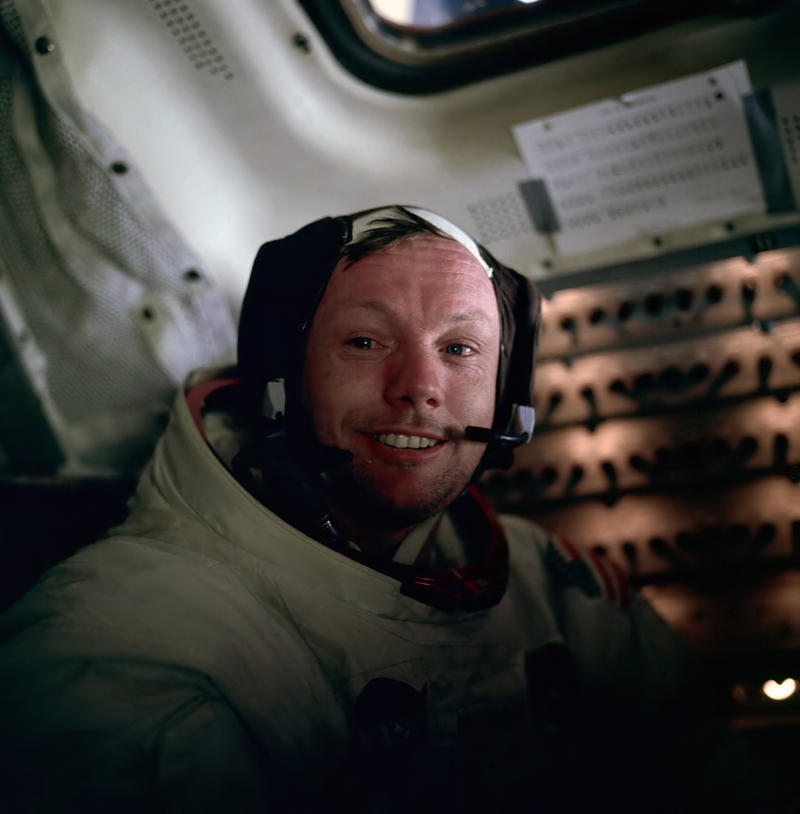Breaking News
Cricket Coach 2014 Keygen Generator For Adobe
вторник 01 января admin 94
Has there ever been a greater need in our country for people to listen—and, especially, to listen to people with different opinions than their own? It’s the building block, even the keystone, of empathy. What is empathy? It’s not pity or sympathy, and it goes deeper than compassion. Truly understanding, even sharing, another’s feelings on a profound level, a level that goes beneath the surface—that’s empathy. It’s a gift that seems to be in short supply these days, in all corners of public and private life. This summer, in collaboration with Blue Cross Blue Shield of Massachusetts—where the word “Empathy” is literally written on the wall—BG BrandLab will be exploring how empathy can help nurture healthy communities, thriving workplaces, and kind children.

Game naruto ukuran kecil untuk pcso. I need a cricket coach 2014. Serial key Posted by sarfraz ameer on Dec 05, 2014. Want Answer 0. Clicking this will make more experts see the question and we will remind you when it gets answered. Serial Key Generator is specially designed to help you protect your applications by serial key registration. It allows you to quickly generate.
It all starts with listening. Empathy on the street Our series begins with listening, too. We listened to our neighbors’ stories of empathy—times they experienced it, times they desperately needed it, and what they believe is causing a critical empathy deficit in our wider community today. We conducted interviews at Boston Common over the course of several sunny mornings, when people from all walks of life were sitting on park benches, pushing babies in strollers, and hustling to business meetings or to jobs at nearby stores and restaurants. Yvon Gachette, a marketing manager and French teacher “I see a lack of empathy in the world around me in light of the political atmosphere,” said Yvon Gachette, a marketing manager and French teacher. The dearth of empathy, speculated Kendall Street Company musician Brian Roy, comes “from the internet, with social media, with interpersonal reactions we have online because they’re not fully interpersonal.” Without empathy, dark periods are even more painful.
“When I was college, I went through a bout of really bad depression,” said Matthew Stumpf, a sales associates at a shoe store on Newbury Street. “Had there been someone there who had been through the same things or knew the beginning stages or the signs, they could have guided me, and maybe I wouldn’t have gotten so wrapped up in it,” he said. Stumpf’s struggle is over now, but the lack of an empathetic friend “made it a longer journey,” he said. Some of our interviewees had witnessed instances of outright cruelty—and responded bravely, with empathy.
Keyanna Maddox, an administrator at a financial firm, was on a train one day when she saw a group taunting a transgender person. “I just kind of saw him welling up with emotion,” she recalled. She felt the man’s pain, she said, and stepped in to comfort him. “You’re okay. Don’t worry about small-mindedness.
Don’t worry about these people,” she told him. Matt Gunn, a landscaper from Maine That kind of empathy can have a profound impact. “When I got out of rehab, I had two hundred dollars cash to my name, a passenger vehicle, and that was it,” said Matt Gunn, a landscaper from Maine. One friend, whom he had helped through a divorce years earlier, understood. He offered Gunn a job and a place to live for a modest rent. “He gave me all the space I needed in the world, but also gave me a sense of family and someone to be accountable to,” said Gunn.
“It was pivotal in my getting through that period.” Building empathy. Helen Riess, MD (Photo © Brett Simison) Nothing is more personal than empathy. But our communities play a key role in nurturing this most intimate skill, too. “When we find communal space to gather and opportunities for people to either have shared activities or gather around shared interests, our natural empathy gets activated,” said Helen Riess, author of the upcoming book “,” part-time associate professor of psychiatry at Harvard Medical School, and founder of Empathetics, a company that provides empathy and interpersonal skills training for medical professionals.
“Empathy is built by people interacting with one another,” she said, “whether it’s in the Public Garden or at a lecture at the museum.” Those precious chances to build bonds are desperately needed today. “People with different views have lost the ability to interact and understand each other,” said Karla McLaren, a social science researcher and author of “.” Empathy comes most easily between people who are most like each other, people who have been through similar struggles, and “people who share common values,” said Riess. “And that is, I think, where, as a society, we’re really splintering apart.”. Karla McLaren, M.Ed.
